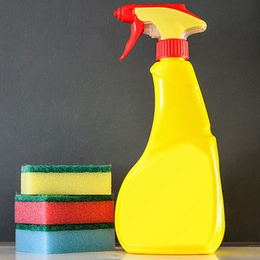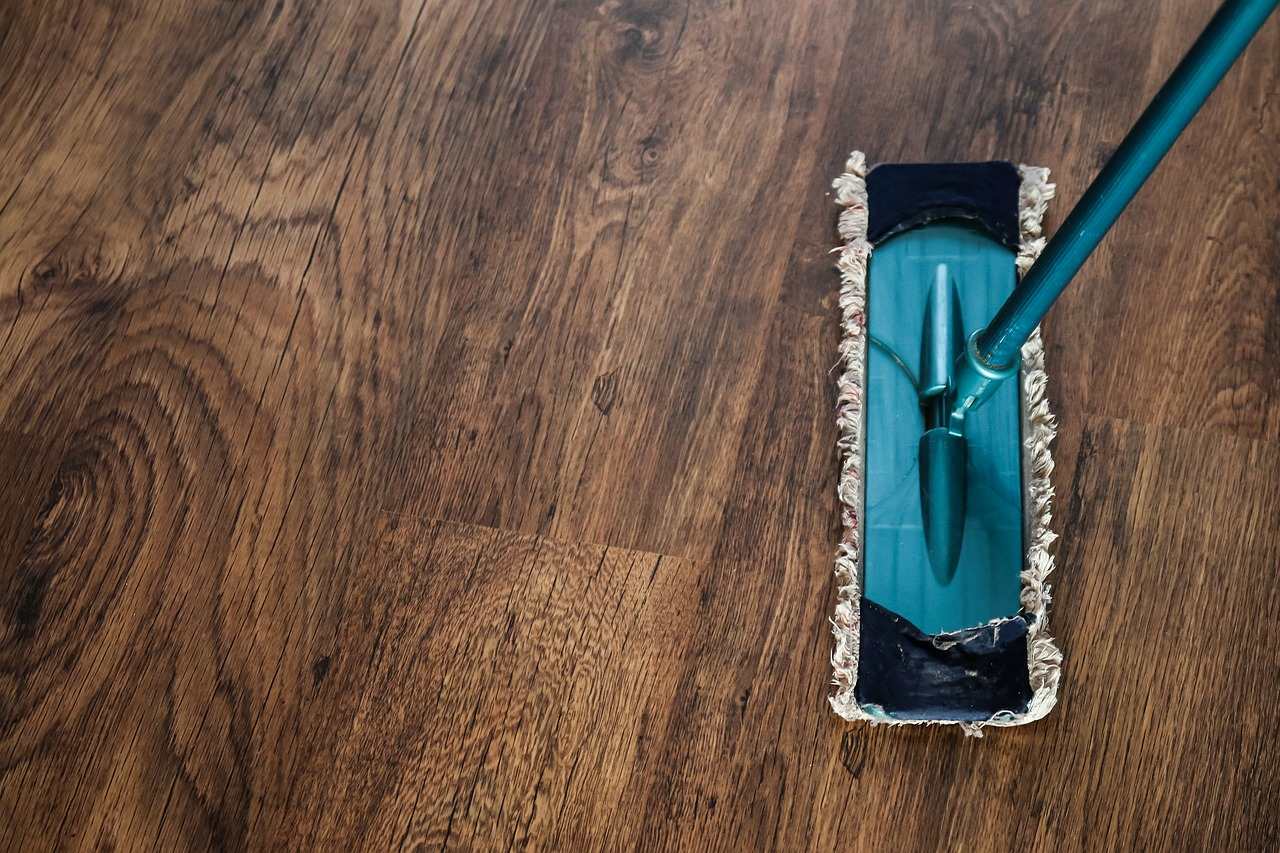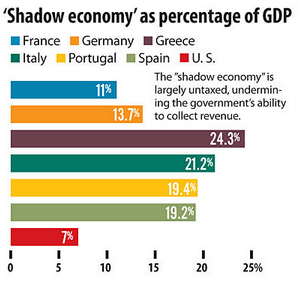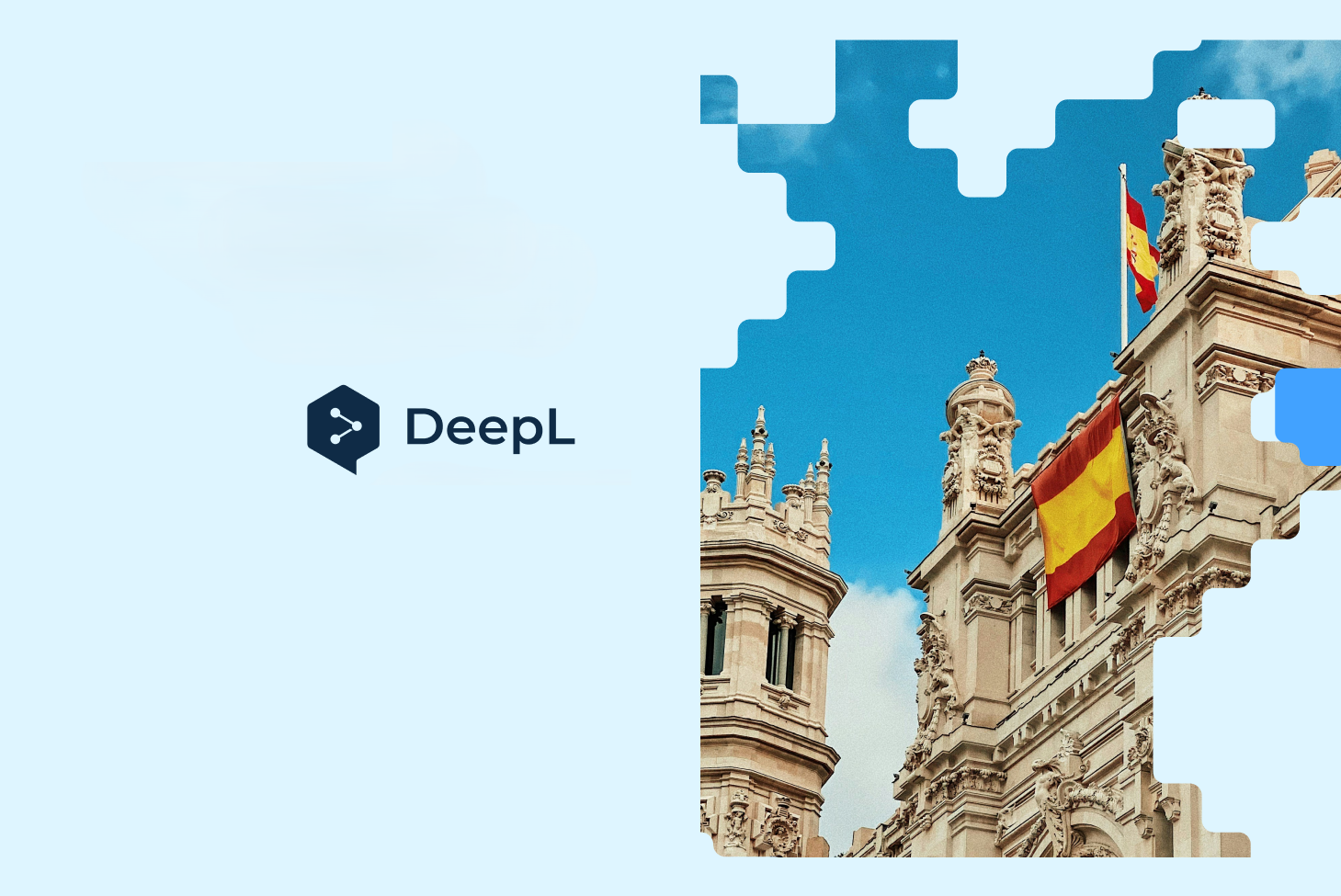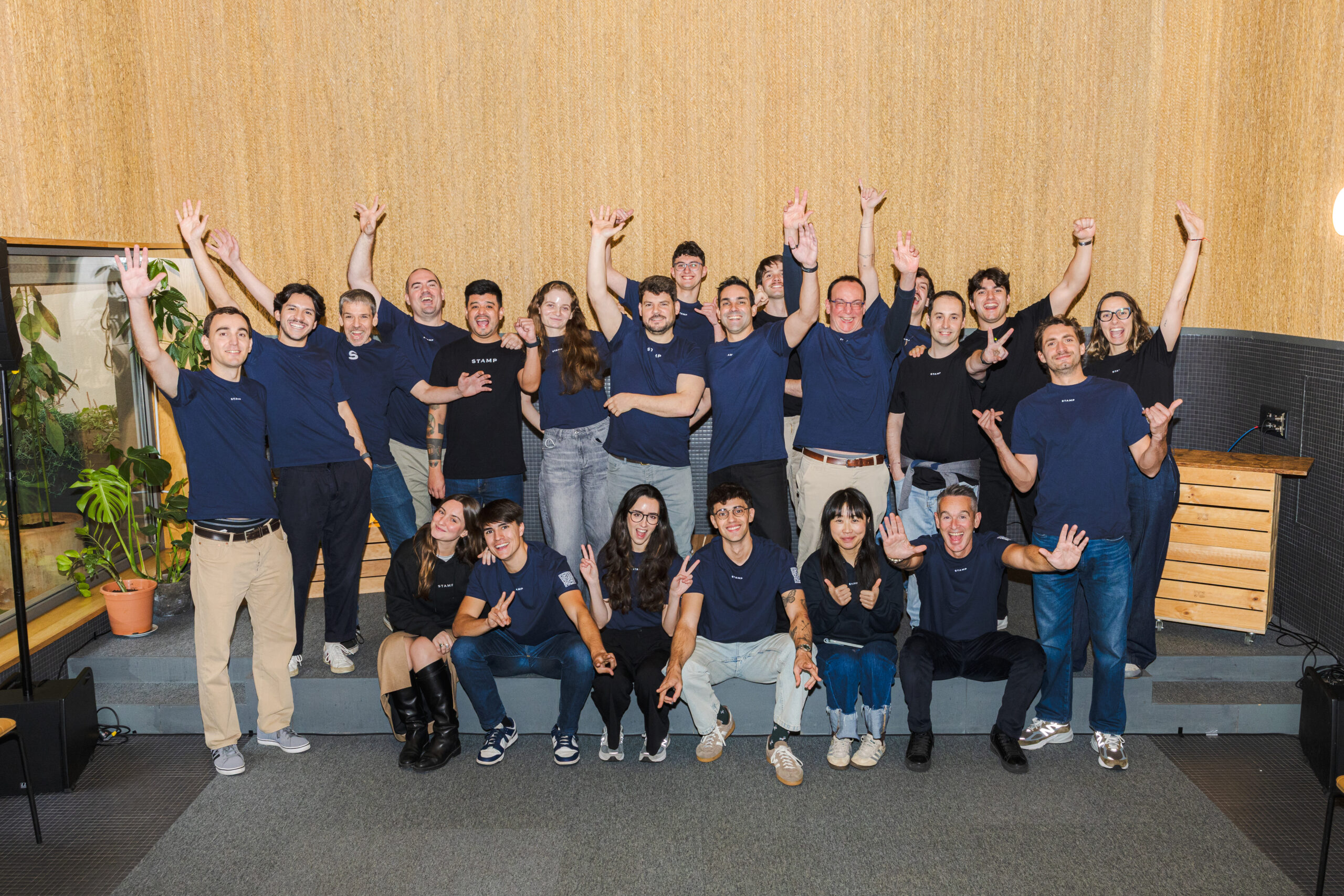“Spain is probably the biggest European market and we want to be in it. There is no clear leader and it’s now or never”. I’ve heard these two sentences a handful of times over the past few days, repeated by the founders and CEOs of online platforms that connect professional (or not) cleaners with clients.
And those two sentences are relevant because they don’t go together very often. Spain is a big market in European terms -with a population of more than 45 million and the highest smartphone penetration rate in the old continent- but when it comes to online services and startups, it’s not common for a variety of companies to target the country so aggressively. But it’s happening. Startups such as GetYourHero, Helpling, Wayook, EsLife or Domesting think they can change how the home cleaning services industry has worked over the past few decades; whether they can achieve it is a totally different question.
A powerful and ubiquitous competitor: the black market
According to a report by the International Labour Organization, Spain, France and Italy are the three European economies with more domestic workers. Only in Spain the number of domestic workers increased from 350,000 in 1995 to more than 745,000 in 2010, coinciding with the highest growth rates the local economy had seen in decades and with a major influx of immigrants. Not surprisingly, more than 50% of the workers in the sector are part of the black market.
The government is aware of this and in 2012 it passed the ‘Ley de Regularización del Servicio Doméstico’ to make it easier for employers to legally hire domestic workers, paying taxes and social security costs. Despite this, the majority of the income generated by the industry is still part of Spain’s underground economy.
This represents a major challenge for the aforementioned startups. “Our main competitor is the black market”, Sebastian Gmelin, co-founder of GetYourHero, told me in a phone interview. “We know what the situation in Spain is”, says Manuel Arauco, country manager of Helpling Spain, “but we think we can beat the black market by focusing on quality, both in terms of the service we provide and the skills of our cleaners”.
The startups: similar on the surface, but significantly different
EsLife, GetYourHero, Helpling, Wayook and Domesting all work in a very similar way. At least that’s what the consumer perceives when they use any of the platforms to get their homes cleaned. Prices start at around €9 per hour in the case of Wayook or EsLife, while GetYourHero or Helpling are slightly more expensive, starting at €12.
These online platforms act as an intermediary, matching supply (cleaning workers) and demand (clients) and charging a commission per house cleaned. When a consumer requests their services they will use algorithms to assign the best possible match to the user, based on variables such as distance, reviews from previous customers, etc.
All of the startups claim to have rigorous hiring processes when it comes to the cleaners, but while GetYourHero, Helpling or Wayook say they will only work with legal workers (self-employed, freelancers or members of private institutions), others like EsLife say they can’t make sure all of their cleaners pay the right amount of taxes and are legally employed. “We take hiring very seriously”, says EsLife co-founder Richard Gracia Ansó. “We do everything we can to encourage them to do all the paper work, but we can’t make sure they all do it”.
Investors are interested. Customers?
EsLife is the oldest of all the platforms. After starting as a TaskRabbit clone, the company pivoted to focus on house cleaning services and to date has raised €740,000 from the likes of Angels Capital and Valencia-based accelerator Plug and Play. GetYourHero, Helpling and Wayook have all joined the party very recently.
GetYourHero is based in Barcelona and has already expanded outside of Spain. Co-founded by three German expats, the startup raised an undisclosed amount in its seed round from international and local investors and is currently in the process of closing its second round of financing.
Interestingly, GetYourHero claims that some of its investors are linked (not clear in which way) to Rocket Internet, the German incubator founded by the Samwer Brothers. Rocket has its own home cleaning startup, Helpling, which launched in October in Spain and aims to be present in the 10 biggest Spanish cities by the end of the year. Helpling has never disclosed how much funding it has raised, but given its connections to Rocket it’s very probable that money is not an issue for the startup.
Wayook is the smallest of the competitors. Álvaro Sánchez and Rodrigo Olmo are its co-founders and the Salamanca-based company also claims to be in the process of raising its first round. Wayook positions itself as an alternative to the black market, instead of as a competitor. “If you need your house cleaned today and you’ve never hired anyone to do it, the black market is not an option because of time constraints”, says Álvaro. “We think our methodology and technoloies are different from the rest and we will soon launch a new business division”.
All of the players claim to be different from each other and to have assets that will make them market leaders in the near future. However, they need to be able to do something more important before that: convince Spaniards that what they offer is a better option than the black market.
“The market is huge, but a significant portion of it is underground”, a reputed investor in one of the biggest Spanish Venture Capital firms told me. “I think it will all come down to how they position themselves, their branding and whether they are able to convince consumers to trust them”.
The race has started and it will be very interesting to watch it develop from the sidelines.
Photo | jarmoluk & martaposemuckel


